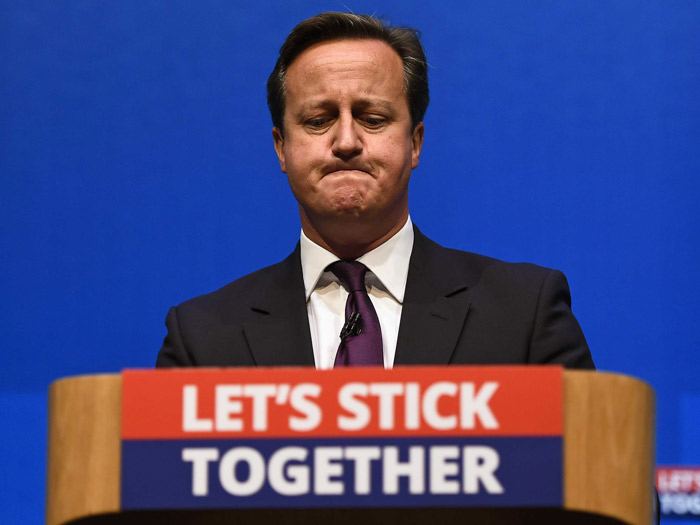On June 23, 2016, the people of the United Kingdom will vote in a referendum on whether their country should remain a member of the European Union (EU). The outcome of this referendum will be of enormous importance to Britain. Scotland has suggested that a vote to leave the EU could trigger a second independence referendum; however, despite the risks, it is in the interests of British democracy and of the EU itself for the UK to vote to leave.
At present, the EU is fundamentally undemocratic. The primary law-making body of the EU is not the elected European parliament, but the EU’s appointed executive body, the European Commission. The European parliament is largely ineffective. In contrast to legislatures in most democracies, while the parliament can vote for or against and amend legislation, its members are not permitted to propose legislation. This inevitably creates a democratic deficit. The entire parliamentary agenda is determined by a cozy coterie of bureaucrats who are not elected by the citizens of EU member states. The commission has extensive jurisdiction in making law over areas ranging from employment regulation to immigration. One recent study estimated that over 60 per cent of all new laws in the UK resulted from European Commission directives.
EU institutions are also a poor mechanism to implement the policy preferences of the British people. Under Britain’s Westminster parliamentary system, no sitting parliament has the capacity to bind a future one. Thus, if a government enacted legislation that most of the electorate opposed, there was a simple mechanism to enact change: Vote in a new government. Tragically, no such mechanism exists at the European level. With the European parliament unable to propose repeal of legislation, European directives put forward by the commission tend to become entrenched. Additionally, given the breadth of EU membership, it is close to impossible to design legislation that adheres to the policy preferences of the varying electorates across such a diverse array of nations. In essence, by their very design, EU institutions have neutered nation state democracy and stripped the British people of agency in controlling their own destiny.
Though it may seem initially paradoxical, a British departure from the EU could be in the interests of other member states. Since 2010 the Euro has had enduring troubles. The unsustainable debt levels in many peripheral nations such as Greece have put the future viability of the single currency in doubt. To ensure that the Euro remains viable, nations that use the currency would have to undergo much further extensive economic integration where richer EU nations would transfer funds to peripheral nations; however, Britain has opposed burdening its taxpayers with such a scheme for over a decade. By leaving, Britain would no longer be an obstacle to the necessary economic and political changes needed to shore up the single currency. A British departure, by allowing for greater pooling of sovereignty and economic integration among the remaining member states, could actually strengthen both the Euro and the pound.
By leaving the EU, Britain would take a step into the unknown. The future will be fraught with uncertainty; however, by leaving, the British people will be able to retake control of their destiny as a proud, self-governing nation. Policy and politicians would be more accountable to the electorate if the British tradition of parliamentary supremacy is restored.
Despite the risks, the opportunity that leaving the EU offers is worth pursuing. It is in the interests of the British people that they take a leap into the unknown and bravely forge a new, independent future.









